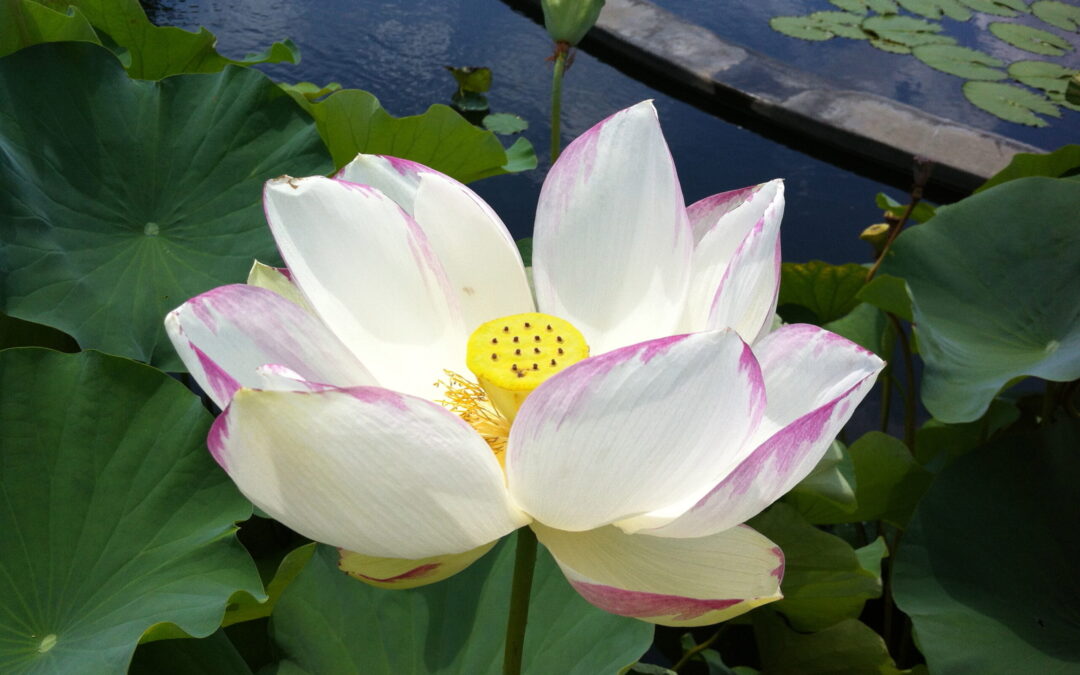Growing up in a Jewish family, I often wondered why more Germans didn’t resist Hitler’s rise to power. Living in America in 2025, I no longer have to wonder. The rise of authoritarianism with its minority of rabid supporters and its majority of the fearful, the opportunist, and those who can’t be bothered is the same the world over and in every generation. Most people just get on with their lives and keep their heads down. Fortunately or unfortunately, I cannot live that way.
I do what I can to resist the destruction of American democracy. I helped found the Buddhist Coalition for Democracy, financially support organizations that have pro-democracy and anti-authoritarian agendas, and participate in local rallies, vigils, and demonstrations. Some of these demonstrations have been pitifully small, and I wonder about the efficacy of holding a placard up as passing motorists honk their approval. Others have been larger and more inspiring.
I’ve written a book about the threats to liberal democracy and articles like this for Substack. I give podcast interviews. I’ve created a Tricycle course on the virtues that sustain liberal democracies. And yet, I am plagued by the question of whether I am I doing enough, and if not, what else or more should I be doing? I live with this question daily. I wonder if you do, too?
In Zen, we speak of living into questions and not knowing the answers.
Should I be engaging in passive resistance at local ICE headquarters even if it means getting arrested? Should I donate a larger percentage of my income to pro-democracy causes? Should I be writing more often to my senators, representatives, and governor? Are there ways my voice and my efforts could be more effective? How much of this is valuable and how much wasted effort?
How much of my time and energy should I devote to the resistance, and how much should I devote to family and friendship, enjoying nature, reading a novel, attending a concert, traveling, maintaining my home, and singing and dancing? You are no use to others if you burn yourself out.
There is a member of my Sangha from Pakistan who left her birth country after the mullahs decreed a fatwah against her. She recalls living in her home city before the mullahs: it had a vibrant café society; a city where poets and writers, and artists thrived. The mullahs put an end to all that and the soul of the city seemed to die. Today—four decades later— the cafés have reopened and the city is once again alive with poets, writers, and artists. Repressive forces can throttle the life out of civil society for a time, but they cannot do so for ever. They cannot snuff out the countless sparks of individuality and creativity. People will always want to be authentically themselves, express themselves, and be free to trod the paths their own experience dictates. Even when they hide their sparks within, openings eventually appear that permit their rekindling— like the urban foliage spouting through sidewalk cracks.
I share this because it suggests how we will defeat authoritarianism in the long run. Dissidents within closed societies become dissidents not so much because they choose to be, but because they cannot help but be themselves—they have no choice but to follow the paths their lives dictate. There is no single way to resist authoritarianism, but a nearly infinite variety of individual ways. Every one of us can resist authoritarianism in a way uniquely suited to our specific talents and vulnerabilities. The Buddhist Coalition for Democracy cannot tell you how you ought to resist. It can only provide a supportive environment that encourages you to discover your own path forward—a path that will change as new obstacles and opportunities emerge.
I occasionally encounter pro-democracy organizers who talk as if they have all the answers—they have pet theories about how authoritarian regimes rise, how their rise can be prevented, and how to organize a resistance.
I don’t have a pet theory. I don’t know what will work and what won’t. While I believe we will succeed over the long run, I don’t know about the short run. Anyone who says they know is just blowing smoke.
What I do know is that it’s okay not to know. Let’s just keep trying. Let’s be flexible; Let’s be creative; Let’s honor our capacity to discern a path for ourselves.
And let’s maintain the perspective that although they cause unthinkable harm and suffering over the short run, authoritarian regimes need not last forever. The dictatorships led by Mussolini, Hitler, Franco, Salazar, Peron, and Pinochet are now just memories.
I am hopeful for the long run.

…”just memories” wrong! Those memories didn’t end. The names changed and the sides changed. Think: our ally Stalin continuing had been. Only Western attitudes changed. Our ally we called China moved to Formosa and left the other China in charge to deal think through ties with USSR and cast eyes at Korea. A US war followed, continued half reborn as a capitalist success, the other half as a nuclear power meeting now with Russia, China and oh look India. What are they doing there?
And my memory brings us to the US as it looked until about 2020. Only then does my memory not help me understand and my 93 year old mind would prefer to me reborn in 100 years to read about what what happens now. My imagination pictures a new age already named: Anthropocene and Homo Deus, both appropriate.